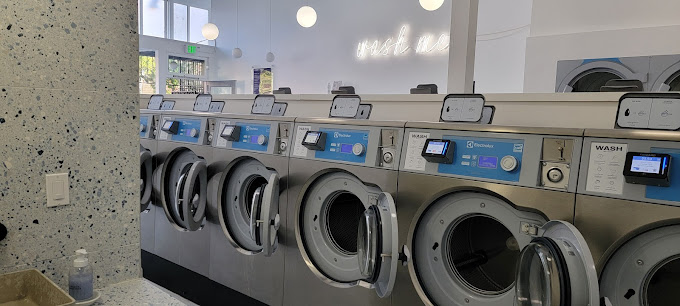Introduction
Selecting the right slatwall accessories manufacturer is a critical decision for retailers and visual merchandisers. Store fixtures play a central role in product presentation, customer flow, and space optimization. Working with a manufacturer that delivers reliable, tailored, and durable accessories ensures your retail environment is functional, brand-aligned, and built for long-term use. This guide outlines the key factors to evaluate when choosing a slatwall accessories manufacturer for your store fixtures.
Importance of High-Quality Slatwall Accessories
Slatwall accessories serve as functional and visual extensions of slatwall panels. They hold, display, or organize products while maintaining a clean and flexible layout. Accessories such as hooks, baskets, shelving, and brackets must be compatible with panel specifications and strong enough to support daily use.
Attributes of high-quality slatwall accessories include:
- Accurate slot fitting for standard or custom slatwall grooves
- Strong materials like steel, aluminum, or polycarbonate
- Finishes that resist corrosion, rust, or wear
- Load-bearing capabilities suitable for various product types
Choosing an experienced manufacturer helps avoid issues such as poor fitting, inconsistent quality, and product instability.
Key Factors to Consider When Selecting a Manufacturer
1. Product Compatibility and Variety
Confirm that the manufacturer offers accessories that are compatible with your existing slatwall systems. Consider the range of products offered, such as:
- Single and double prong hooks
- Acrylic and wire baskets
- Shelving systems (glass, wood, metal)
- Sign holders and literature racks
A broad catalog ensures flexibility in merchandising across multiple departments or product categories.
2. Material Quality and Durability
Examine the materials used in production. Look for:
- Powder-coated metal for heavy-duty applications
- Injection-molded plastics for lightweight display needs
- Tempered glass for premium shelving
Manufacturers should meet industry durability standards and offer data on product weight capacity and lifecycle testing.
3. Customization Capabilities
Custom accessories are often required to meet brand aesthetics or space-specific dimensions. Leading manufacturers provide:
- Custom hook sizes and finishes
- Branded color matching
- Accessory prototypes based on CAD designs
- Integration of lighting or signage
Ensure the manufacturer has in-house design teams or CAD specialists to support custom solutions.
4. Production Capacity and Lead Times
Assess whether the manufacturer can handle your order volume without delays. Evaluate:
- Average lead time for standard and custom orders
- Scalability for multi-store rollouts
- Inventory availability for fast-moving items
- Shipping options (local and international)
Reliable production scheduling supports seasonal displays, grand openings, and urgent store renovations.
5. Compliance and Safety Standards
Retail environments must comply with fire safety, load limits, and accessibility guidelines. The right manufacturer will:
- Use materials compliant with UL or CE standards
- Provide safety data sheets (SDS) and product certifications
- Ensure stable, tip-resistant fixtures for high-traffic areas
This is especially important for industries like healthcare, grocery, or electronics where compliance is mandatory.
6. Client Support and Warranty
A trustworthy manufacturer offers clear communication, installation support, and post-sale services. Look for:
- Dedicated account managers
- Sample or mock-up programs
- Replacement policies for damaged items
- Warranty coverage on finish, structure, or defects
Professional support reduces risk and ensures consistent store performance.
Questions to Ask a Potential Manufacturer
- Do your accessories match industry-standard slatwall grooves (3” OC, aluminum inserts, etc.)?
- Can you customize accessory designs based on our specifications?
- What is the typical lead time for high-volume orders?
- Do you have case studies or references from other retail clients?
- What materials and finishes are available for long-term use?
Asking these questions upfront helps eliminate compatibility and logistics issues later in the procurement process.
Conclusion
Choosing the right slatwall accessories manufacturer requires more than comparing product catalogs. Retailers must assess compatibility, material strength, customization options, and service reliability. A capable manufacturer contributes directly to your merchandising efficiency, visual appeal, and operational continuity. Investing time in supplier evaluation ensures that store fixtures remain strong, brand-aligned, and adaptable as business needs evolve.


